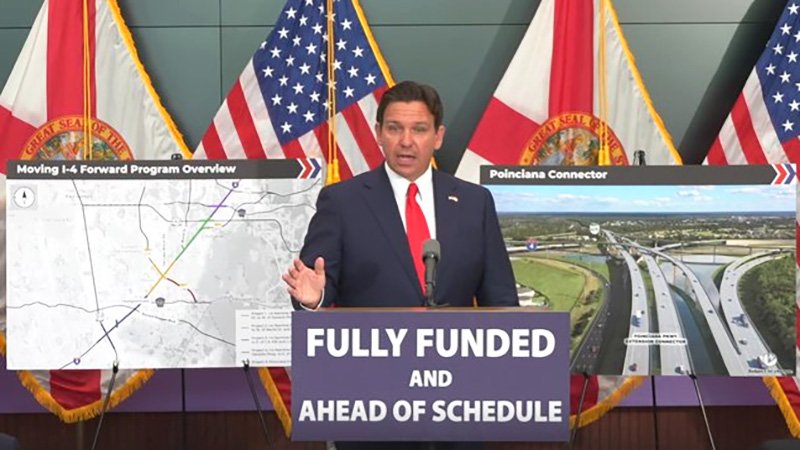How Conservatives and Liberals Define "Fair"–and What It Means For Our Cities' Futures.
Every day, our national news is rife with stories about how our partisan divide is tearing our political discourse apart—and our local news isn’t always that much better. But what if the most fundamental cause of all this in-fighting has more to do with our psychological wiring than with which parties we belong to and which newspapers we read?
That’s the assertion behind a recent article from the Atlantic by Dan Meegan, “Conservatives Have a Different Definition of Fair.” And the many ways that North Americans define “fairness”—whether they realize their definition is different than their neighbors’ or not—has a profound impact on the financial prosperity of our towns.
Meegan defines the two dominant understandings of fairness this way:
“One is by need: Some people have more than they need, and others need more than they have. Even when liberal leaders describe policies that are beneficial to everyone, they make it clear that the most important beneficiaries are those whose needs are most urgent….
Still, there are other ways of judging what’s fair. Conservatives tend to value equity, or proportionality, and they see unfairness when people are asked to contribute more than they should expect to receive in return, or when people receive more than they contribute.”
But while those differing definitions can ignite firestorms on the national level, the narrow places where they overlap can create just as many problems on the local level. Increasing spending on roads, for instance, usually seems fair to liberals because they support strong public investment that they feel will benefit everyone, including their lowest income neighbors who rely on their cars to get to work; conservatives, on the other hand, often think increasing infrastructure spending seems fair because they want to get what their taxes have paid for, and making crumbling roads usable will increase their personal freedom to move through their towns as they choose. Meanwhile, neither group realizes that their taxes aren’t, in fact, funding a solvent and resilient system that can meet the needs of all citizens (including the vulnerable) and deliver on the promises our governments made us when we paid our taxes and expected a functioning road network in return.
In this episode of Upzoned, Chuck and Kea dig into this and more implications of our political psychology, including how our implicit understandings of justice shape our views of policy when it comes to transit, housing, and more.










In this episode of the Strong Towns Podcast, Chuck explains how election years affect a nonpartisan nonprofit like Strong Towns. It’s kind of ugly, but it doesn’t change our mission.